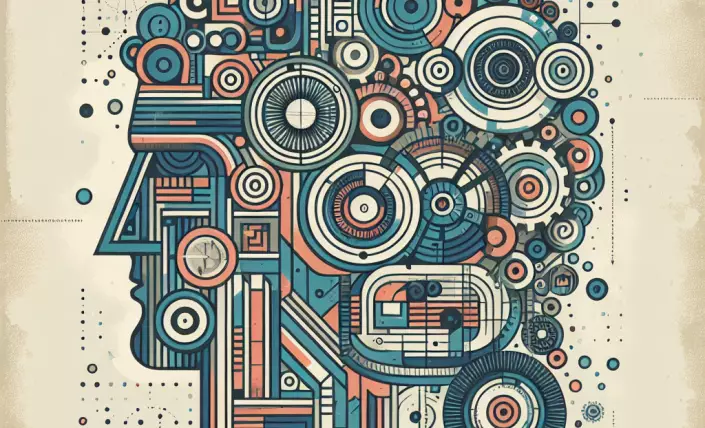In a world where external influences bombard us with directives on how to live and what to value, the concept of moral autonomy emerges as a beacon of personal empowerment. This idea, deeply rooted in the philosophical works of Immanuel Kant, offers a pathway to understanding the essence of our freedom and responsibility. Kant posits that genuine moral action arises not from adherence to external rules or consequences but from the internal compass of duty, dictated by reason. This philosophical stance challenges us to examine the ways in which we navigate our ethical landscapes and the extent to which we exercise true autonomy in our decisions.
Kant’s moral philosophy urges us to transcend heteronomy — the state of being governed by external forces — and strive for autonomy, where our actions are guided by our rational capacity to recognize and act upon moral laws. This shift in perspective requires introspection and a commitment to aligning our actions with principles that can be universally applied. The categorical imperative, a cornerstone of Kantian ethics, serves as a litmus test for moral action: "Act only according to that maxim whereby you can, at the same time, will that it should become a universal law." This imperative calls upon us to consider the broader implications of our actions, ensuring that they contribute to a moral order that upholds the dignity and worth of all individuals.
Embracing moral autonomy demands courage and discipline, as it often requires us to defy social conventions and pursue paths that may not be immediately rewarding or popular. Yet, it is through this rigorous self-governance that we cultivate a sense of integrity and authenticity. By holding ourselves accountable to principles that respect the autonomy of ourselves and others, we foster environments of mutual respect and ethical consistency. In a practical sense, this means critically evaluating the motivations behind our actions, questioning societal norms, and resisting the allure of convenience or expedience.
The implications of Kant’s philosophy extend beyond individual morality and into the fabric of societal structures. In a world rife with injustice and inequality, the commitment to moral autonomy challenges us to advocate for systems that honor human dignity and promote equitable treatment. It invites us to engage actively in the creation of a society where laws and policies reflect the collective will for universal freedom and fairness. By doing so, we not only affirm the intrinsic value of each person but also contribute to a legacy of ethical progress that transcends generations.
Reflecting on Kant's emphasis on moral autonomy compels us to ask ourselves: How often do we act out of genuine moral conviction, and how frequently do we succumb to the dictates of external pressures? The pursuit of autonomy in our ethical lives is not a solitary endeavor but a collaborative quest for a world that honors the rational capacities and moral worth of every individual. As we navigate the complexities of modern life, Kant’s insights offer a timeless framework for cultivating a life of purpose, guided by principles that uplift and unite. In embracing this journey, we unlock the potential for a more just and harmonious existence, both within ourselves and in the world around us.










